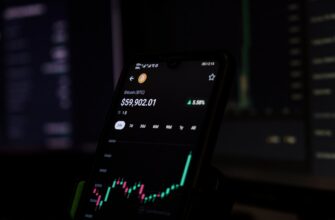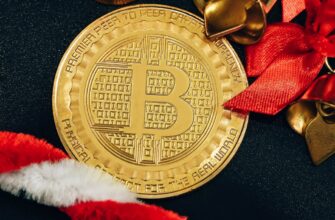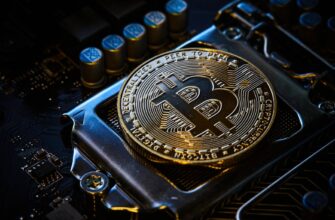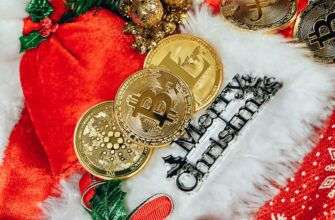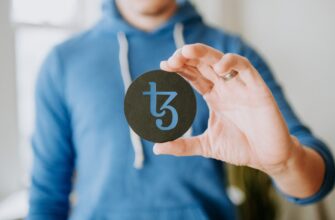- The Landmark XRP Judgement: A Turning Point for Crypto Regulation
- Background: The SEC’s Case Against Ripple
- Breaking Down the XRP Court Ruling
- Immediate Market Impact of the Ripple Ruling
- Long-Term Regulatory Implications
- What’s Next for Ripple and XRP?
- Frequently Asked Questions
- Is XRP officially not a security?
- How does this affect other cryptocurrencies?
- Can the SEC appeal the decision?
- What happens to XRP now?
- Does this mean crypto exchanges are safe from SEC actions?
The Landmark XRP Judgement: A Turning Point for Crypto Regulation
The XRP judgement in SEC vs Ripple Labs represents one of the most significant legal milestones in cryptocurrency history. On July 13, 2023, U.S. District Judge Analisa Torres delivered a partial victory for Ripple Labs by ruling that XRP token sales to retail investors via exchanges did not constitute securities offerings. This nuanced decision sent shockwaves through the crypto industry, providing much-needed regulatory clarity while establishing critical precedents for digital asset classification.
Background: The SEC’s Case Against Ripple
In December 2020, the U.S. Securities and Exchange Commission (SEC) filed suit against Ripple Labs and its executives, alleging they raised over $1.3 billion through unregistered securities offerings via XRP sales. The core dispute centered on whether XRP should be classified as a security under the Howey Test – the legal standard determining investment contracts. Ripple maintained that XRP functioned as a currency and utility token rather than a security, setting the stage for a three-year legal battle with profound industry implications.
Breaking Down the XRP Court Ruling
Judge Torres’ 34-page decision established crucial distinctions in XRP transactions:
- Institutional Sales: Deemed investment contracts (securities) due to direct marketing to sophisticated investors
- Programmatic Sales: Exchange transactions ruled not securities as buyers had no expectation of profits from Ripple’s efforts
- Other Distributions: Developer grants and employee compensation not considered securities offerings
This bifurcated approach acknowledged that the same digital asset could have different legal classifications depending on transaction context – a groundbreaking precedent.
Immediate Market Impact of the Ripple Ruling
The XRP judgement triggered dramatic market reactions:
- XRP price surged 75% within hours of the ruling
- Multiple U.S. exchanges including Coinbase and Kraken relisted XRP
- Ripple’s market capitalization increased by over $20 billion overnight
- Broader crypto market rallied with Bitcoin and Ethereum gaining 4-5%
The decision provided temporary regulatory relief for exchanges fearing SEC enforcement actions over token listings.
Long-Term Regulatory Implications
The XRP judgement establishes critical frameworks for crypto regulation:
- Exchange Transactions: Creates safe harbor for secondary market token trading
- Token Classification: Introduces transaction-based security analysis rather than asset-based
- SEC Authority: Limits regulatory overreach while affirming jurisdiction over direct sales
- Global Impact: Influences regulatory approaches in the UK, EU, and Asia
Legal experts note this may accelerate congressional efforts for comprehensive crypto legislation.
What’s Next for Ripple and XRP?
Despite the favorable ruling, Ripple’s legal journey continues:
- The SEC filed an interlocutory appeal in August 2023
- Remaining institutional sales claims proceed to trial in 2024
- Ripple expanding ODL (On-Demand Liquidity) services globally
- Potential for settlement negotiations before final judgment
Industry analysts predict the case could reach the Supreme Court, potentially reshaping U.S. crypto regulation permanently.
Frequently Asked Questions
Is XRP officially not a security?
Only partially. The ruling states XRP itself isn’t inherently a security, but institutional sales qualified as securities offerings. Retail transactions on exchanges do not.
How does this affect other cryptocurrencies?
The precedent suggests tokens traded on exchanges may avoid security classification, potentially benefiting assets like Cardano (ADA) and Solana (SOL) in similar SEC cases.
Can the SEC appeal the decision?
Yes. The SEC has sought permission for an interlocutory appeal, but must prove the ruling involves “controlling questions of law” worthy of immediate review.
What happens to XRP now?
XRP continues trading globally with renewed exchange support. Ripple is expanding payment solutions using XRP while preparing for the next trial phase.
Does this mean crypto exchanges are safe from SEC actions?
Not entirely. Exchanges still face regulatory scrutiny over staking services, custody practices, and token listings that might constitute securities under other circumstances.



